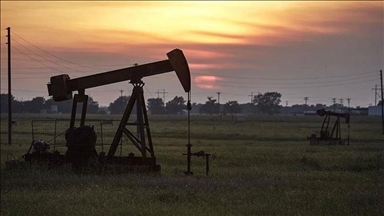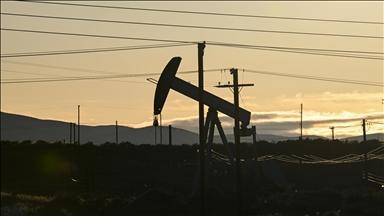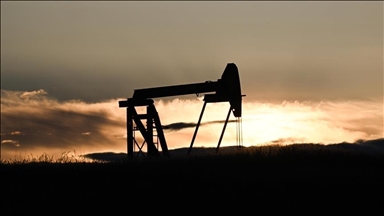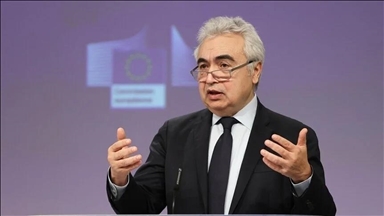Oil mixed amid demand uncertainties
US Energy Information Administration predicts 1.08 million-barrel fall in crude stocks against 10.9 million-barrel build in gasoline stockpiles
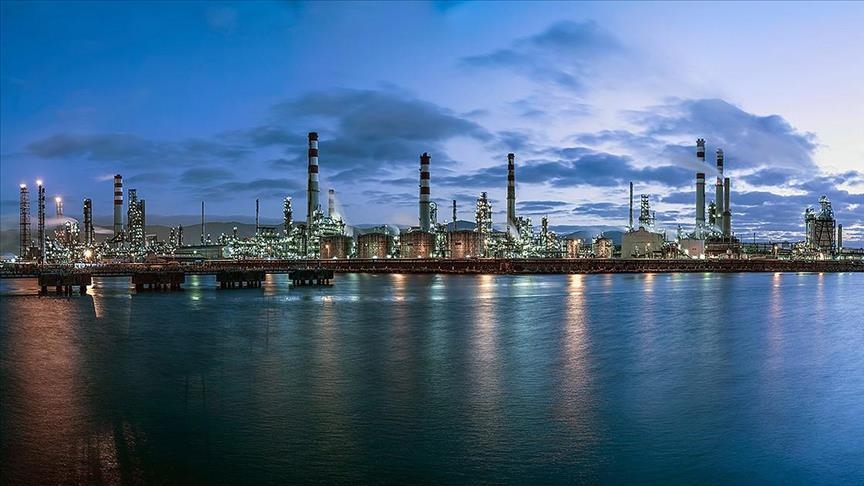
ANKARA
Oil prices were mixed on Wednesday after the previous session’s gains were negated by falling demand signals amid rising omicron variant cases although demand was bolstered by remarks from the US Federal Reserve chief who signaled that the central bank would raise rates more slowly than expected.
International benchmark Brent crude was trading at $83.62 per barrel at 0646 GMT with a 0.12% loss after closing the previous session at $83.72 a barrel.
American benchmark West Texas Intermediate (WTI) traded at $81.27 per barrel at the same time for a 0.06% rise after it ended the previous session at $81.22 a barrel.
Brent oil price climbed to $84 a barrel, the highest level of the last two months over productive demand estimates despite the rapid spread of omicron and fears over ensuing mitigations measures.
In its Short-Term Energy Outlook released Tuesday, the US Energy Information Administration (EIA) predicted that global oil demand will climb by 3.6 million barrels per day in 2022, up from last month's estimate.
Meanwhile, the American Petroleum Institute (API) late Tuesday announced its estimate of a fall of 1.08 million barrels in US crude oil inventories, less than the market expectation of a fall of 1.95 million barrels.
The forecast of an inventory draw signals a recovery in crude demand in the US, easing investor concerns over dwindling demand, which, in turn, supports higher prices.
However, gasoline stockpiles rose by 10.9 million barrels against market expectations of a 2.4 million-barrel build, capping the upward price movement.
The EIA will release official oil stock data later on Wednesday. Oil prices are expected to continue rising if the EIA signals a drop in stocks.
Prices saw positive support after US Federal Reserve Chairman Jerome Powell on Tuesday stated the economy should be able to withstand the current COVID-19 increase with just "short-term" impacts and that the economy is poised to begin tightening monetary policy.
Geopolitical risks increase supply fears
Production outages in Libya and Kazakhstan due to unrest in both countries are risking supply security and driving prices up.
“An improving supply outlook in Libya and Kazakhstan should, in theory, have a bearish impact on prices, but the market either believes the outages in Libya will be back or that demand growth will outpace the few thousand barrels at risk as the political situation remains shaky after the delayed presidential election original set for December 2021,” said Louise Dickson, Rystad Energy’s senior oil markets analyst.
Dickson expects that the message from Kazakh President Kassym-Jomart Tokayev of a return to stability in the country following mass protests over the rise in fuel costs should dampen supply concerns over crude production of 1.7 million barrels per day.



